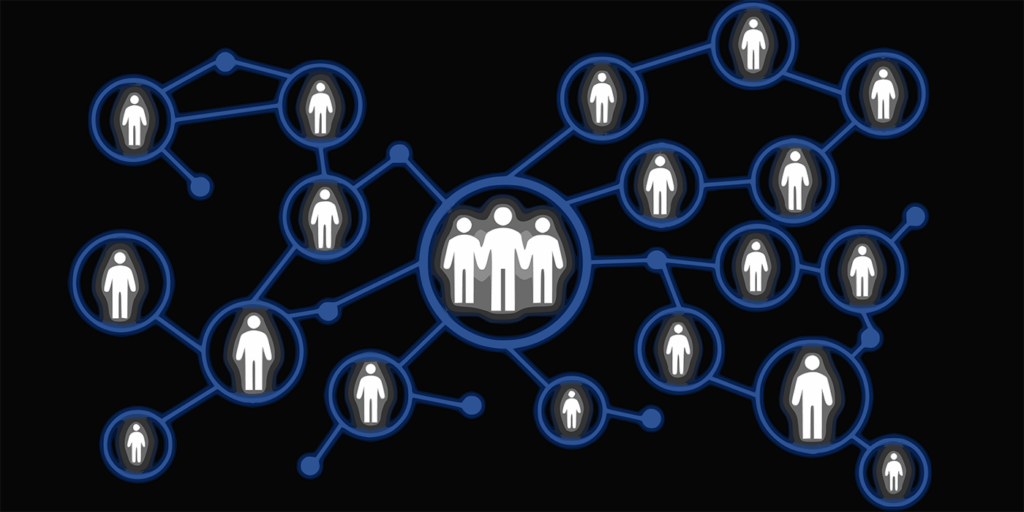Reputation and the Stakeholder Voice in the New Reality

Listening and giving voice to stakeholders is critical to a company’s survival, and keeping a clear corporate purpose allows them to connect with one another.
A company can never survive on its own. It is the stakeholders that surround them that give a company purpose and social license. They mark out paths that, if optimally traced, will lead them to innovate, anticipate risks, retain and attract talent, achieve higher credibility ratios, and – above all—build and strengthen that will lead them to transcend.
The stakeholder concept was coined in 1984 by the American theorist Edward Freeman, and the management of such a group – from a reputational approach – has become one of the priorities for the business ecosystem of the 21st century. Proof of this is the recent letter from Larry Fink, CEO of Blackrock. Addressed to presidents and CEOs around the world, he says that the power of capitalism lies in the relationships they build with their employees, customers, suppliers and the communities in which they operate.
He also points out: “In today’s globally interconnected world, a company must create value and be valued by all its stakeholders. This is in order to deliver long-term value to its shareholders.”
Stakeholder management should incorporate strategies and tools that help clearly communicate the company’s corporate purpose and social impact vision.
As an example, we can cite the case of companies that are part of highly regulated or controversial sectors. As such, they remain under constant public scrutiny. If they do not prioritize transparency, dialogue, and knowledge generation, they will face challenges that may impact their reputation.
Interaction with stakeholders is a long-term process, with different phases for each situation. It involves strategic thinking, identification, active listening, and prioritization of stakeholders and their subgroups.
Interaction with stakeholders is a long-term process with different stages for each context. It involves strategic thinking, identification and prioritization of stakeholders and subgroups. It also involves active listening and the selection of connection tools and strategies, among other things.
In that sense, what is guaranteed is that companies in today’s world have to reinvent themselves, and that goes beyond even the role played by technology and innovation. It implies a fundamental change in their relationship with their different audiences with a much more open approach to listening that gives them a voice and puts them at the center of their business strategy.
Listening for Action
A unified objective, but with personalized approach, is what any company should prioritize in managing its stakeholders. To identify these key issues more clearly, active listening is a must. In fact, a common mistake of organizations is failure to analyze their environments, thus missing the identification of necessary actions to continue generating direct and stronger links with their ecosystem.
Furthermore, we see that the relationship with employees will continue to be a critical issue. In 2022, the return to face-to-face work, flexibility and the implementation of a hybrid system will be fundamental for the management of this asset for companies. According to research recently published by global consulting firm Bain & Company, this work system improves the value proposition for employees through greater autonomy in their activities, which in turn increases their satisfaction and productivity.
In addition, and in keeping with Larry Fink’s letter: ” Companies that fail to adjust to this new reality and respond to their employees will do so at their own peril. Turnover increases costs, reduces productivity and erodes corporate culture and memory. CEOs must ask themselves if they are creating an environment that helps them compete for talent.”
Giving them a voice through good management, constant and transparent communication, as well as employing actions that support the stakeholders, will pay off in the medium and long term for any organization, in all aspects.

Denys Méndez is Group Director of Corporate Communications at JeffreyGroup Mexico.

